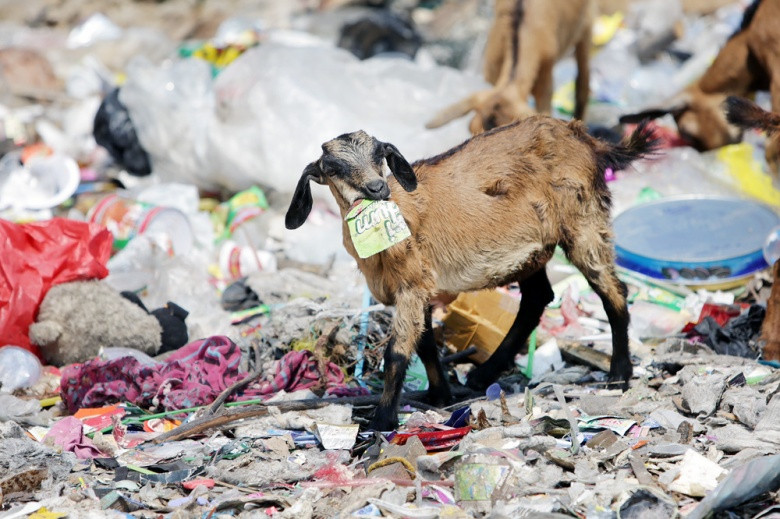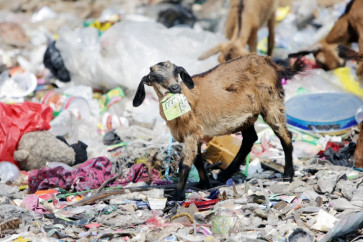Popular Reads
Top Results
Can't find what you're looking for?
View all search resultsPopular Reads
Top Results
Can't find what you're looking for?
View all search resultsExcise tax: Right step to combat plastic pollution
Imposing excise tax is an important step toward a partial ban, as it aims to reduce the use of plastics. In this scenario, however, the government should also provide clear regulations on large-scale plastic waste management. Imposing an excise on plastic bags will be ineffective at reducing plastic pollution without proper management of plastic waste.
Change text size
Gift Premium Articles
to Anyone
T
he House of Representatives has approved a proposal from the Finance Ministry on the imposition of excise tax on plastic bags in Indonesia, which aims to increase state income as well as reduce the use of plastic bags in the country.
The proposal specifically targets plastic bags less than 75 microns thick. The government also plans to impose an excise tax of Rp 30,000 (US$2.10) per kilogram of plastic bags. However, the ministry is still redrafting the policy to include all kinds of plastic packaging
The government’s plan to impose the plastic bag excise tax is a progressive step in response to the environmental issues that stem from plastic pollution. According to the Marine Debris Hotspots Rapid Assessment for Indonesia that the World Bank (WB) conducted in 2018, Indonesia ranks second behind China in the world as top plastic polluter. Finance Minister Sri Mulyani Indrawati also claims that the country produces 170 million kilograms of plastic waste per year.
An example of the devastating effects of plastic pollution includes a heartbreaking tragedy that occurred in 2018, when a whale was found dead from ingesting 6 kg of plastic in the waters off Kapota Island in Wakatobi National Park.
In following up on its plan to impose excise tax on plastic bags, the government should consider a broader strategy to combat plastic pollution through partial and total bans.
Imposing excise tax is an important step toward a partial ban, as it aims to reduce the use of plastics. In this scenario, however, the government should also provide clear regulations on large-scale plastic waste management. Imposing an excise on plastic bags will be ineffective at reducing plastic pollution without proper management of plastic waste.
For instance, according to the WB marine assessment of 2018, the Indonesian coastal population generated mismanaged waste in 2010 at a rate of 3.22 million tons per year. At present, around 0.48-1.29 million metric tons of mismanaged waste enter the seas annually. This data indicates that the government has failed to manage plastic waste effectively.


















